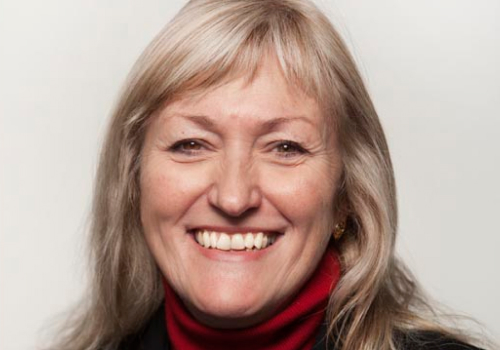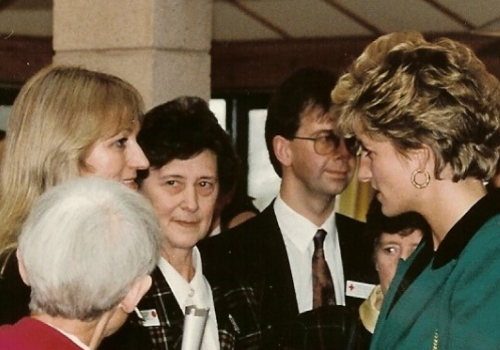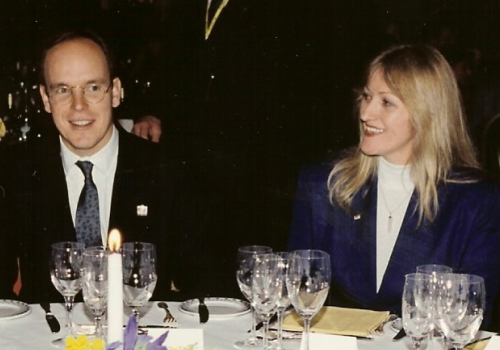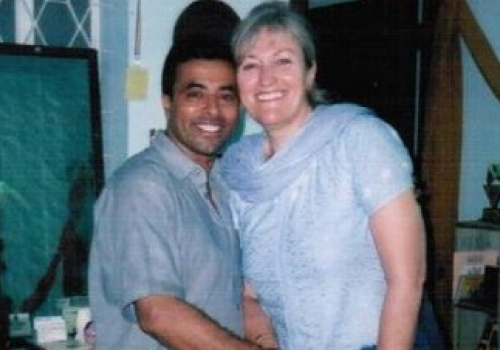
Kane International is the name given to the global work done by Professor June Kane AM, an internationally respected expert in human rights, specifically in the fields of child labour, human trafficking, forced labour and violence against children and women. June has worked in an advisory capacity to the United Nations, governments and regional bodies for some three decades, in particular with the International Labour Organization (ILO). The ILO’s mandate covers the “world of work” and June has written widely on the links between human rights, child labour and labour exploitation and trafficking, and develops training for UN staff, governments, trade unions and employers in these areas.

June was Spokesperson for the First and Second World Congresses against Commercial Sexual Exploitation of Children in 1996 and 2001, and Lead Information Advisor and Spokesperson for the UN Secretary-General’s Study on Violence against Children in 2007. She was Senior Technical Advisor to the European Commission from 1996 to 2008 and was instrumental in setting up the Daphne Programme to combat violence against children, young people and women.
Following the advent of COVID-19, and the resulting halt to UN personnel travel, June has been back-stopping child labour projects in Africa, more specifically Mauritania, Mali, Egypt, Kenya, Tunisia and DR Congo. While in lockdown, she co-authored a major report on Child Labour in the Vanilla Sector in Madagascar.

June has also had a successful academic career. Having started her working life as a university teacher in Modern Languages, she later taught Women in International Development at Victoria University in 2013, and in 2018 was part of a team teaching Global Governance and International Law at RMIT University. In 2019 she was made Adjunct Professor at RMIT University.
June trained as a broadcast journalist with the BBC during a gap in her academic life, during which she also wrote a number of books. When she first arrived in Australia in 1987, she produced the News and 7.30 Report for ABC Darwin while waiting to decide what might happen next…

June Kane was made a Member of the Order of Australia in recognition of her work in 2007 and is also a recipient of the Albert Schweitzer Medal for Humanitarian Action.
In October 2016 she was the inaugural winner of the Freda Miriklis Award for Women’s Empowerment for her work for women, and in particular her design of a program to help small businesses in Victoria to understand and promote a new law against harassment in the workplace.
Knowledge
Analysis (& Action)
Needs
Empathy
International
Abuse, exploitation and violence are complex issues that cannot just be solved with a lot of goodwill and a few colourful posters. At a minimum, working against these scourges requires:
- Knowledge – including reliable data, up-to-date intelligence, and solid research; above all common wisdom and anecdote have no place here;
- Analysis – which involves thorough processing of all the available knowledge, discussion and debate, and keeping an open mind; only when a problem has been thoroughly analysed should anyone move to act.
- Needs – solutions to most of these problems cannot be imposed from outside; they require a thorough evaluation of the actual needs of those at risk or who have already suffered; field evaluations and above all talking to the people involved is vital;
- Empathy – this can never be just a job; you have to care about the people involved and want to make a difference;
- International – because it is niave to think that abuse, child labour and exploitation, and violence only occur ‘somewhere else’; these are global problems that require global action.
